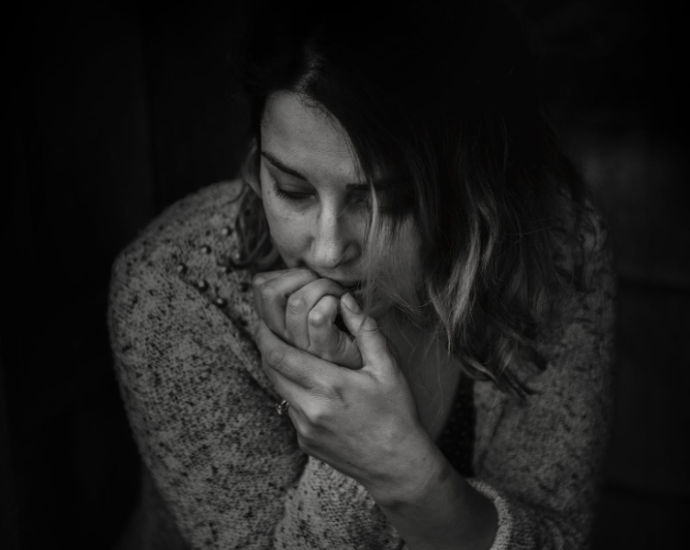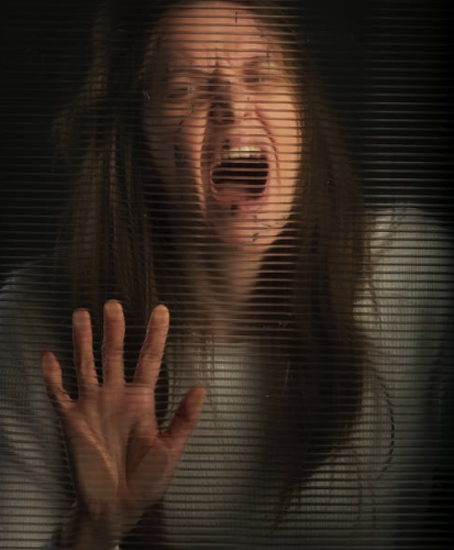A Word of Caution
The definitions and discussions of the various Paraphilic Disorders, like those of Sexual Dysfunctions, while adult in nature, are also strongly influenced by the norms of the particular society in which they occur. (Bhugra et al., 2010) Some clinicians argue that paraphilic behaviors should be considered only when other individualsContinue Reading










